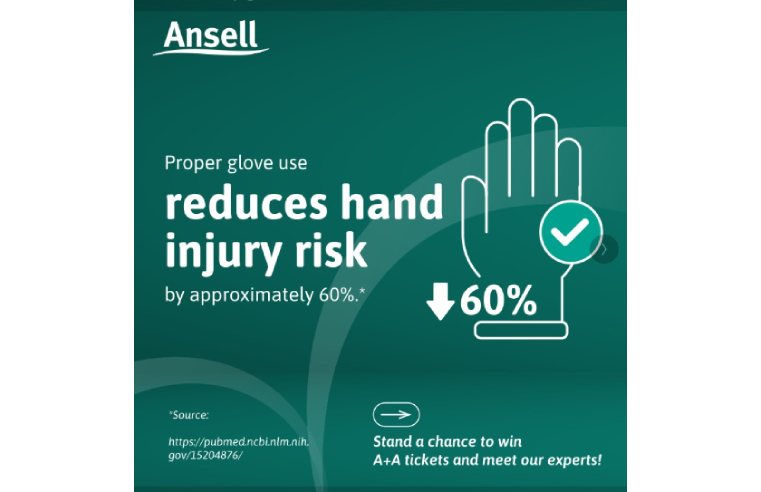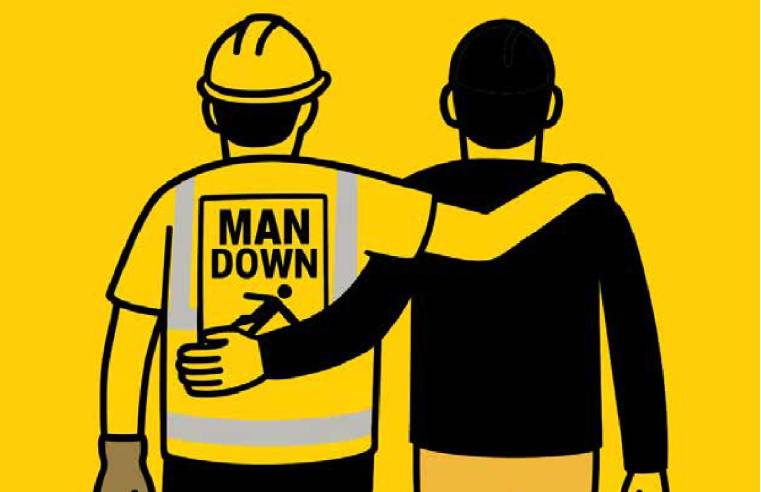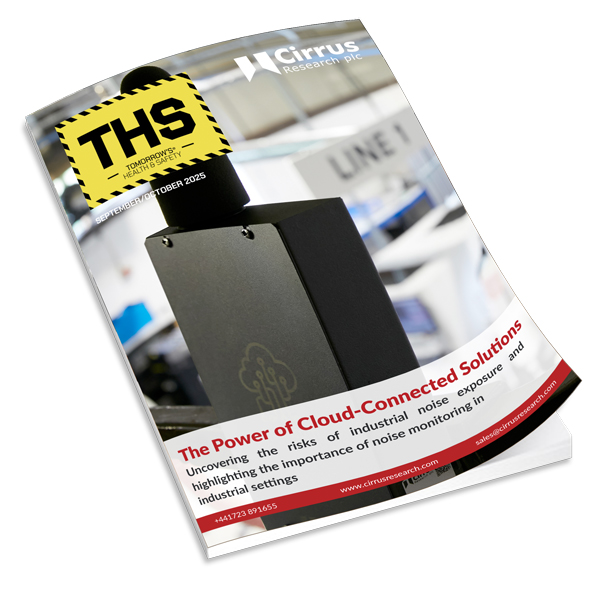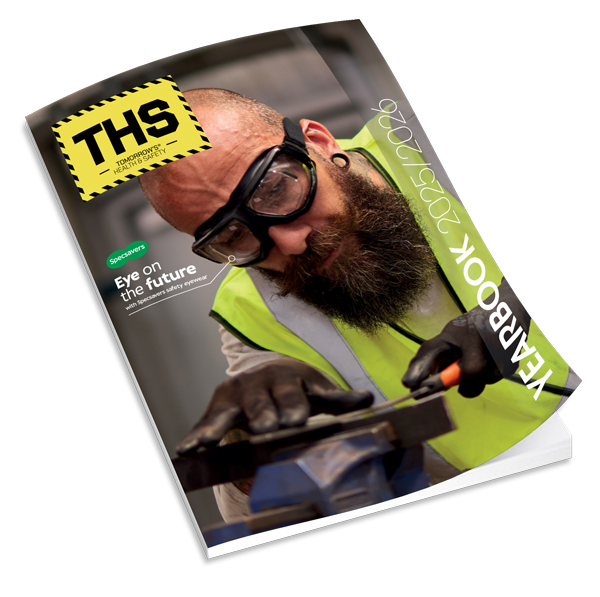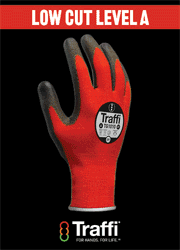New research has revealed that ‘deskless’ workers – the majority of employees – face regular operational issues, compounding doubts about business performance.
Two-thirds (65%) of frontline workers say they observe operational issues monthly or more frequently, yet less than half (45%) see actions taken to address them within this timeframe.
The ‘Feedback from the Field’ report from global technology company SafetyCulture paints a picture of UK businesses being held back by ongoing operational challenges. Its findings, informed by a YouGov UK-wide survey of frontline workers, show that around 9 in 10 (87%) believe that the business they are working in is failing to operate at its full potential or they are unsure about its performance.
In addition to ineffective management which is cited by 42% of frontline workers as a key reason for their business failing to maximise their full potential, respondents also flagged inadequate communication (39%) and training for staff (31%) as barriers. Three in 10 say the last time they had valuable training from their organisation that helped improve their work was a year or more ago. Concerningly, 13% of UK frontline workers feel they have never had any valuable training from their organisation.
The consequences of a lack of training are laid bare in the report. More than half (54%) of those surveyed believe that at least a few of their workplace’s injuries could have been prevented had those involved received better training and work instructions.
Safety remains a top priority for frontline workers. Despite the cost-of-living crisis, 70% say they would prioritise their safety over higher salaries if they were to seek a new job.
Many believe the answers to operational issues come directly from those working at the coal face. More than half (55%) of frontline workers say that the best ideas for improvement are derived from within their ranks rather than from leadership (19%). Almost a third of workers (31%) stated that their bosses do not encourage improvements.
Best known for creating the world’s most-used checklist app (iAuditor), SafetyCulture is responding to the challenges identified in the research with the expansion of its all-in-one mobile-first workplace operations platform for frontline workers, leaders and teams.
Beyond its inspections capability, SafetyCulture’s platform now hosts an array of new features for tasks like training and asset management. It includes innovative tools that digitise paper-based forms from a photo and converts work instructions and equipment manuals to enable training on the go. The platform also harnesses the power of AI to create custom-training and inspection templates in minutes.
A business that has enhanced its approach to frontline operations is Mobile Mini, the largest UK-wide provider of site accommodation and secure storage solutions. Andy Himsworth, SHEQ Advisor and Trainer, said: “It is worrying to see so many workers believe some workplace injuries could have been prevented if those involved had received better training or instructions.
“This is why at Mobile Mini we have adopted a continuous improvement approach to health and safety in the workplace, with a goal of sending staff home safe. We used to have clunky and inefficient health and safety checks, all paper-based. Now we have embraced digital technology, our team can conduct checks on any mobile device, capture photos to provide context to hazards, near-misses or concerns on the ground. More robust, digitally focused audits have directly led to a reduction in accidents.”
Commenting on the research findings, Feico Mol, SafetyCulture’s General Manager EMEA said: “Deskless workers are the lifeblood of the UK economy, powering some of our most essential industries. We must listen to them. Our report shows how operational issues are regularly observed by workers on the frontline, but not always addressed. Too often, frontline workers’ views are overlooked and areas that could improve operations such as investment in technology have been focused on office-based workers.”
He added: “The good news is that it’s not all doom and gloom with three in five workers we asked saying that they’re optimistic about the future of their organisation. We share their optimism and with the right tools and communications, manufacturers can harness the latent potential within their frontline teams.”








